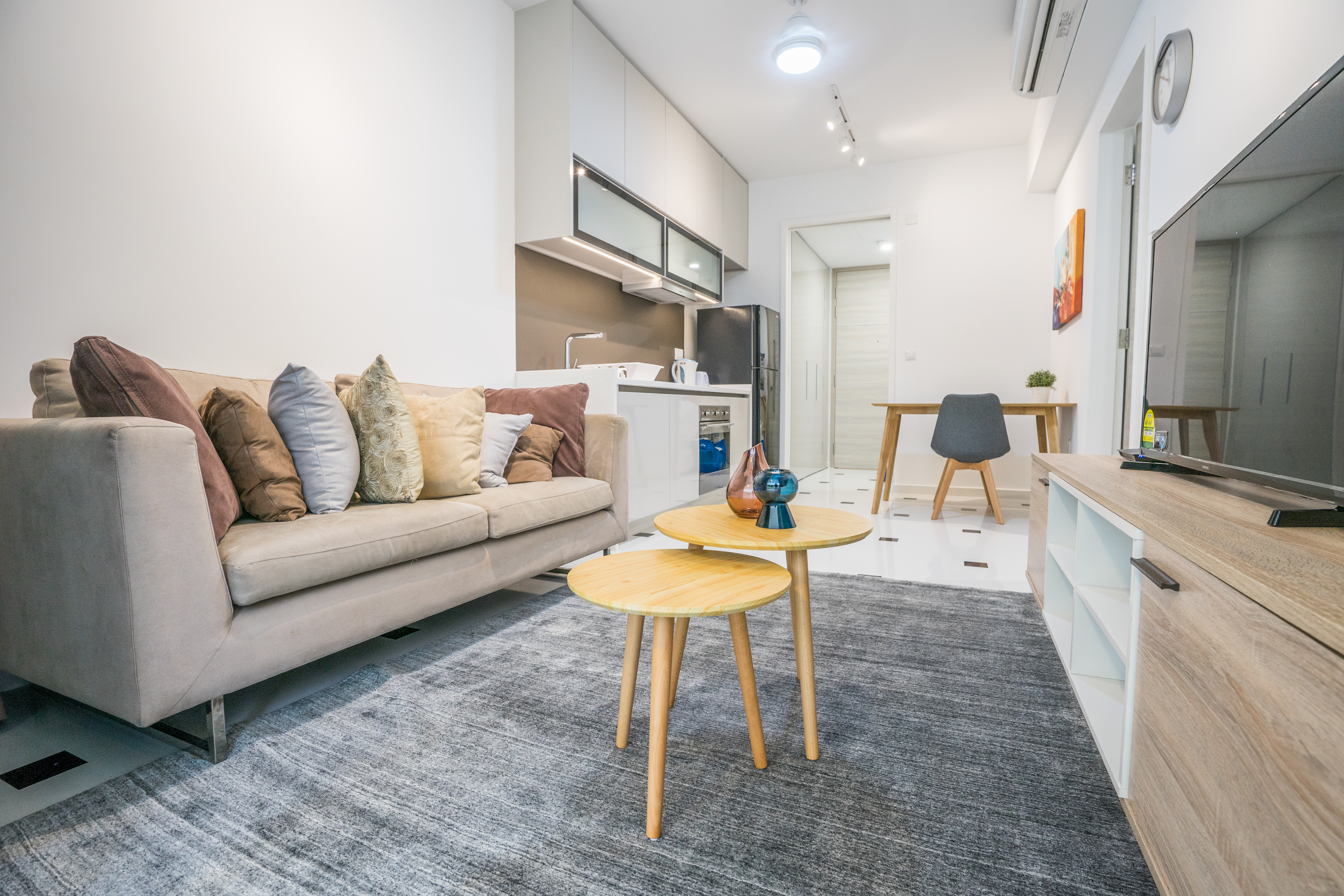What's the difference between Corporate Housing and Traditional Rentals?
Guest writer – James Chua, Co-Founder of MetroResidences.

“A busy man who works long hours appreciates good-service more than an idle man”
One furnished apartment is not like the other. Corporate Housing is not for everyone, it is for the busy person with less leisure time, with less margin for error, with less support infrastructure (family) and who has fewer days to spare in Singapore.
Corporate Housing is a more efficient solution for a tenant looking for contract flexibility and short-term leases. It does not require the tenant to get involved in the aspects of regular maintenance and weekly housekeeping. Traditional residential leases work better for those who are staying for 1 to 2 years and are willing to put in hands-on effort in the daily upkeep of the apartment, which business travelers may not have the capacity for.
The best thing is? The living spaces at international service apartments often have lower costs than luxury hotels. A corporate apartment is a ready-to-move-into apartment. It comes with fully-equipped kitchens, furniture, cookware, linens, and towels. Plus, these spaces are supported by a professional-housekeeper and maintenance team. Yet, you can find Singapore serviced apartments and corporate housing, be it in the East, the West, or the city-fringe.
A traditional apartment lease typically comes without furniture, requires some amount of fixing-up before the move in and in general requires the tenant to purchase all or some of the furniture.
Since not everyone visiting Singapore for work would have the capacity or interest to set up a new home from scratch, it makes settling into the new home a lot easier. Plus, with flexible contracts with shorter lease periods, many international service apartments are preferred options for business travelers, and digital nomads alike. After all, serviced apartments have a 3-month minimum lease, rather than the market standard of 6 months for most traditional apartment rentals in Singapore. International students also consider serviced apartments as student housing because it provides them with instant community, just like in most co-living spaces.
In a traditional lease, the renter is typically dealing with the landlord when negotiating the terms of the rental prior to the move-in. After the move-in, the landlord continues to be the negotiating party for maintenance issues. Dealing with the individual landlord directly frequently leads to unpleasant exchanges because landlords come from a “house-proud” perspective, looking at things from too personal a lens. Tenants come more from an efficiency angle where they would like to simply get things fixed. With serviced apartments, you get to enjoy prompt maintenance services, even if guests have short-term rentals.
- Use a corporate apartment for 1 to 6-month stays
- Use a traditional lease for 1 to 2-year stays
- A corporate apartment does not require the tenant to purchase any furniture, perform maintenance tasks and do housekeeping.
- A traditional lease may require the tenant to navigate the landlord negotiation delicately
If a tenant is staying for over a year, has more time to spare in setting up and managing the home, look for a traditional lease. If the time and efficiency is of the essence, look for a corporate lease.
